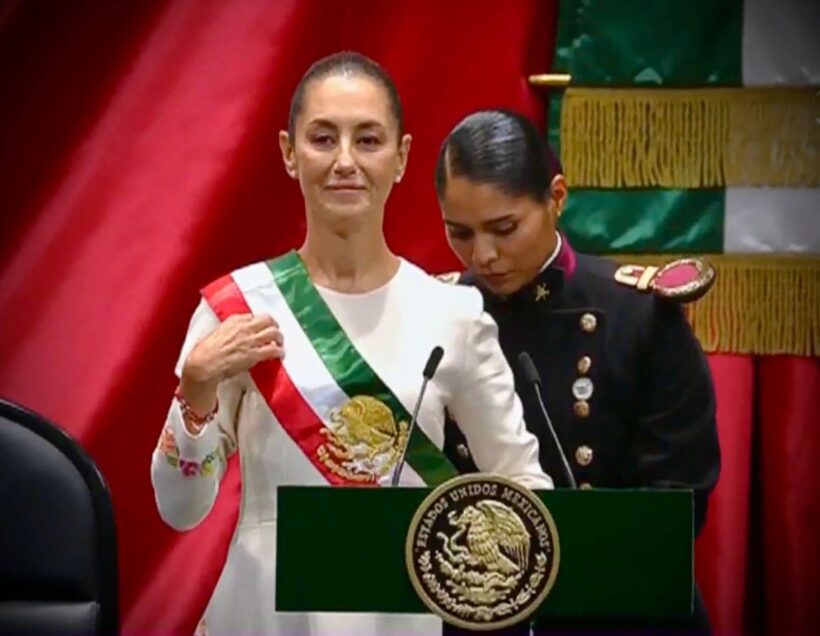In a country marked by deeply rooted patriarchal structures, Claudia Sheinbaum has risen as one of Mexico’s most relevant political figures, breaking barriers and challenging stereotypes that for generations have limited women in power. A scientist by training and the first woman elected to govern Mexico City, Sheinbaum represents a leadership that combines technical pragmatism, social sensitivity and an unwavering resilience that has defined every step of her public career.
By Mabel Severich Larrea
Claudia Sheinbaum took office as Mexico City’s Chief of Government in 2018, following her tenure as a delegate in Tlalpan, where she stood out for her commitment to transparency and support for the most vulnerable. During the COVID-19 pandemic, her proactive leadership and strong scientific background came to the fore, implementing data-driven public health measures and clear and empathetic communication with citizens, always seeking to protect the most vulnerable.
Throughout her administration, Claudia Sheinbaum has promoted inclusive social policies, always with an eye on improving the quality of life of the most disadvantaged sectors and reducing inequality. Her closeness with today’s former President Andrés Manuel López Obrador has consolidated her as an essential figure of the so-called Fourth Transformation, being a leader who has promoted sorority and the collective advancement of women in politics.
What truly defines Claudia Sheinbaum’s leadership is her ability to challenge stereotypes without losing her authenticity. In a context where women’s assertiveness is often judged harshly – labeling them as “aggressive” or “authoritarian” – Sheinbaum has demonstrated that this quality is not a defect, but an essential virtue for those who assume responsibilities of power. Understanding that being strong, assertive and even “tough” is, on many occasions, necessary to face the challenges of political leadership, has been key in her trajectory.
At the same time, she has managed to maintain a balance that allows her to be empathetic and approachable, demonstrating that it is possible to be a technical and pragmatic leader while remaining human and sensitive to people’s concerns. Her career is, in many ways, a testament to the strength of authenticity and the recognition of the value of all these traits, in the face of the contradictory expectations that society imposes on women in power.
For many Latin American women, the figure of Claudia Sheinbaum is an inspiration. Not only because she has reached the most important position in Mexico, but because she has done so without renouncing her essence, demonstrating that female leadership does not have to fit into traditional molds. In a Latin American context where machismo and patriarchy still dominate much of public and private life, her example is a reminder that resilience, adaptability and authenticity are key to breaking down barriers and opening the way to a more just and equitable future.






